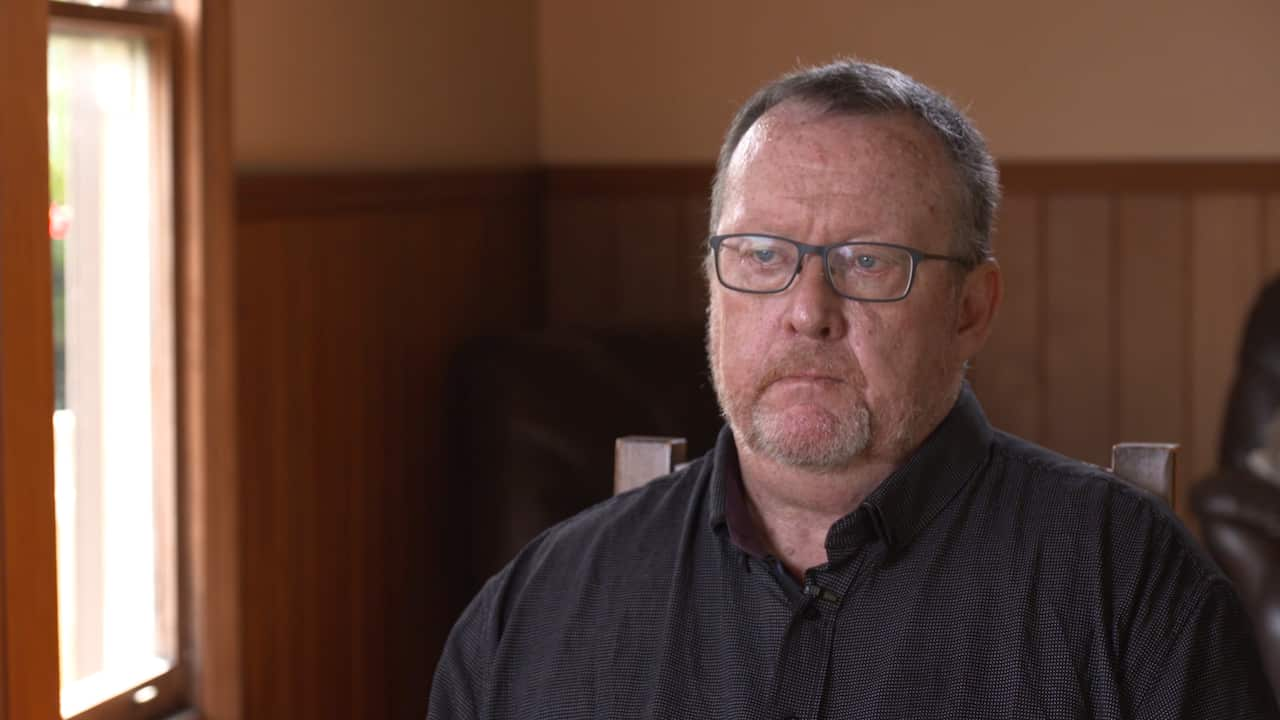Dateline’s special episode 'New Zealand’s Darkest Day'. Watch the full story now at SBS On Demand.
A leading New Zealand security analyst says the country ignored the elephant in the room of rising extreme right-wing behavior and white supremacy.
In the wake of the Christchurch mosque attacks that killed 50 people, questions have been asked how the man accused of the shootings, 28-year-old Australian Brenton Tarrant, had not been identified as a threat by New Zealand or Australian authorities.
Tarrant used social media to stream the attack live and littered his online manifesto with references to meme-based online culture.
Dr Paul Buchanan, director of 36 Parallel Assessments, a geopolitical and strategic analysis consultancy firm, has been monitoring right-wing extremism in New Zealand through the use of online platforms.
He explained a tolerance of hate speech on social media and failure to take it seriously masked the threat of right-wing extremism.
“What's happened in this country over the last five years is that hate speech has been normalised, particularly on the right-hand side of the political spectrum,” he told Dateline. “And now, under the cover of free speech, hate speech is increasingly popular in social media, but also social discourse in general.
“The racists have come out of the woodwork - and that’s the trouble. For anyone like the perpetrator for this atrocity on Friday afternoon, there’s dozens of others that enable that, and quite frankly, as society, as a whole, we enable them with our passivity in the face of their rhetoric.
“Up until this event on Friday, people were like ‘well she’ll be right, he’s just venting’ that sort of thing. Now we realise they may have been buffoons… but never the less, at least one of them was highly dangerous and went undetected until he committed the act.”

Buchanan adds despite the emergence of groups like the so-called “alt-right”, the threat had not been taken seriously in a country renowned for its progressiveness.
“It’s the dark secret of New Zealand’s society – that under the veneer of toleration, there’s a lot of unpleasantness,” he says.
“I think that for quite a while now, New Zealand has failed to confront the elephant in the room of white supremacism.
“Even though they have been rising in prominence over the last five years or so, the security community, the intelligence agencies and the police have a finite amount of resources when it comes to monitoring these groups.
“So obviously a decision was made, that priorities would be placed elsewhere and resources would be placed elsewhere rather than in the monitoring of these groups because they were thought relatively harmless – blow hards – not people who would commit acts of violence like we’ve seen.”
In the wake of the Christchurch mosque attack, Buchanan has highlighted how the line between hate speech and freedom of speech has been blurred and it was time for social media organisations to take action.
“This is the big difference – in the old days, we wouldn't have seen that massacre – the other people with a propensity to violence wouldn't have been able to live vicariously in the moment, but now with modern technology, with social media, they can join in the fun - they can join the adventure," Buchanan adds.
“I fear that this will lead to a proliferation of these types of acts of violence unless the authorities get serious about shutting it down. And that includes platforms like Facebook.
“Let’s face it, Facebook was the platform that livestreamed this fellow's massacre. So it’s a wakeup call, not only for the authorities, but for the telecommunications industry to get serious about separating out the freedom of speech from hate speech that incites and shows violence in real time.”
Dateline is an award-winning Australian, international documentary series airing for over 40 years. Each week Dateline scours the globe to bring you a world of daring stories. Read more about Dateline
Have a story or comment? Contact Us


